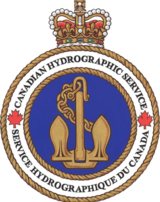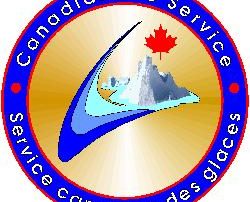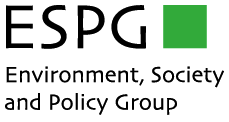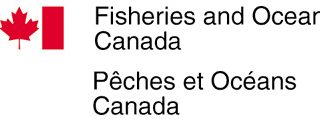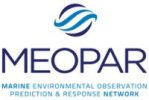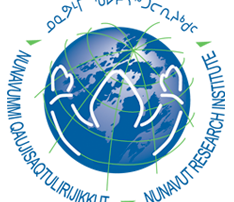The Environment, Society and Policy Group (ESPG) works on the human and policy dimensions of environmental and economic change.
Presently, the ESPG research focuses on three main areas:
The Environment, Society and Policy Group (ESPG) works on the human and policy dimensions of environmental and economic change.
Presently, the ESPG research focuses on three main areas:
WHAT WE DO BEST
We strive to provide policy relevant, evidence-based research outputs on how opportunities emerging from climate change can be developed and risks mitigated, while ensuring local perspectives are appropriately considered.
The team focuses primarily in the Canadian Arctic, studying the impacts of climate change on environmental processes and on the creation of economic opportunities in sectors such as tourism and natural resource management. We study these challenges using a multidisciplinary, collaborative approach our research employs quantitative and qualitative research methods such as semi-structured interviews, social network analysis and through the use of geographic information systems (GIS) and statistical modelling.
Our Funders & Partners
ESPG has a network of partners in the federal, territorial and local government agencies, as well as with private sector stakeholders and non-governmental or community organizations. Through collaboration with these partners we are able to generate practical recommendations and have a more direct influence on policy and practice. The value and strength of our research is directly tied to these partnerships and collaborations as they ensure we link strong academic rigour to pragmatic and relevant issues.




